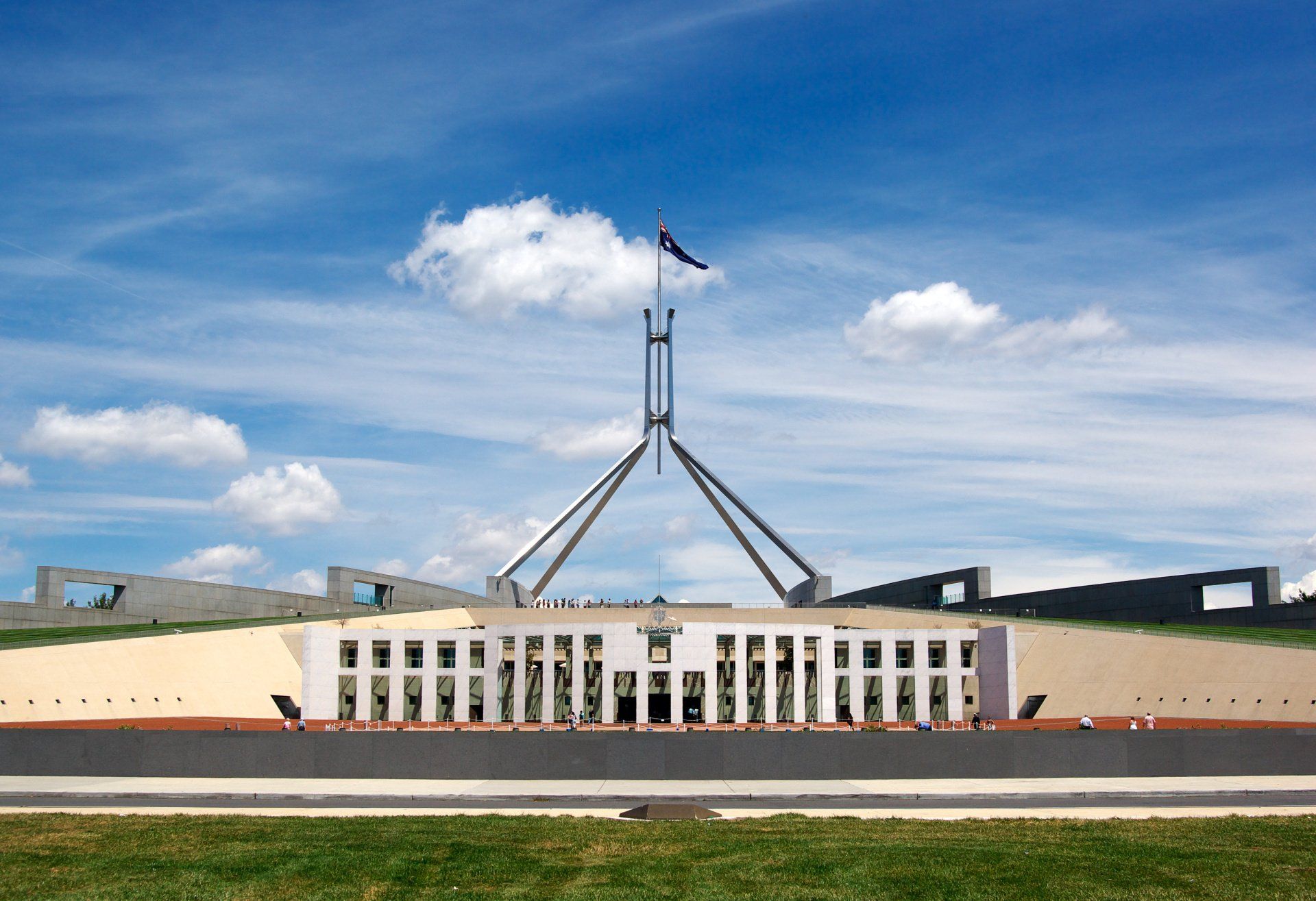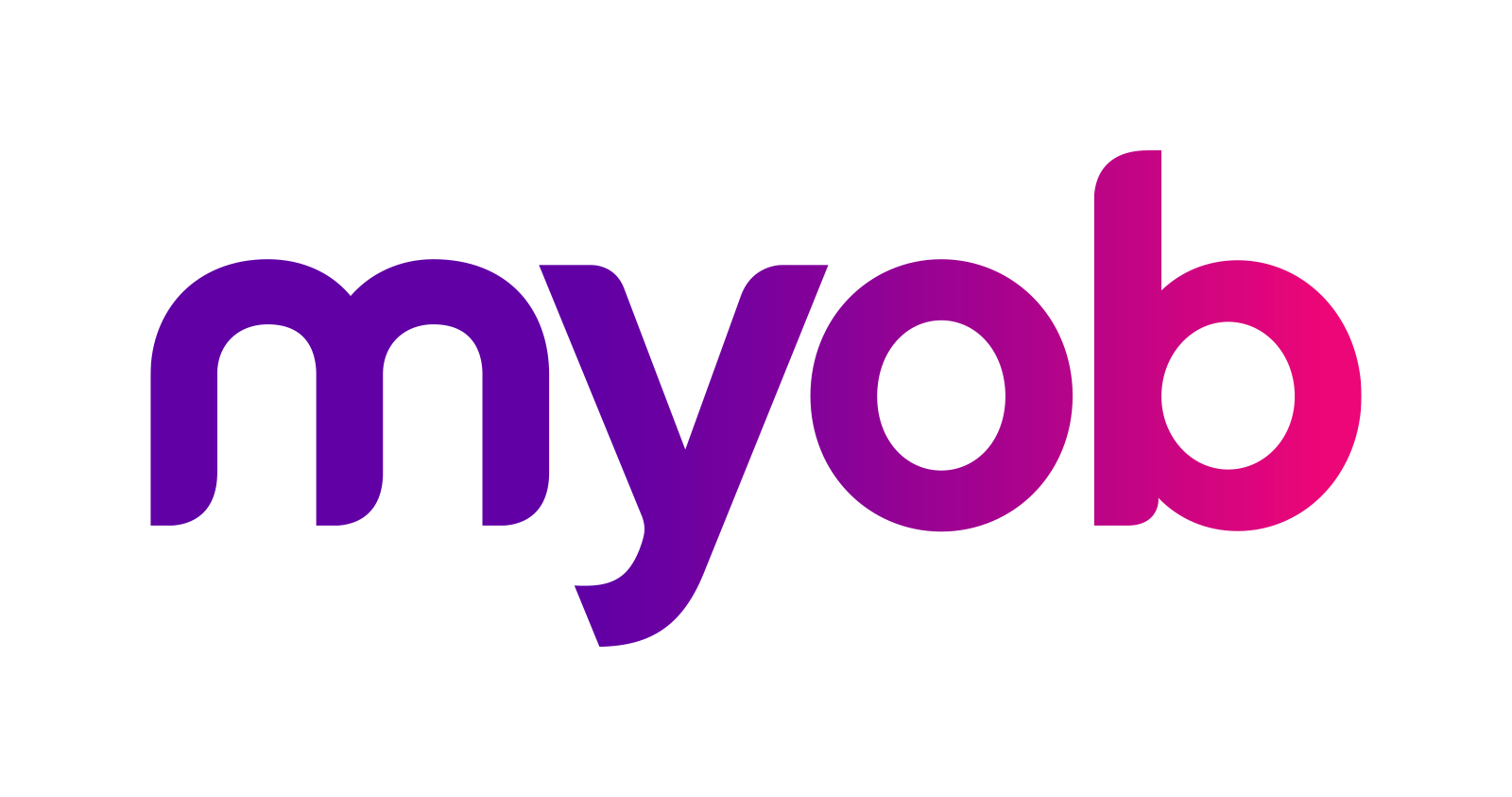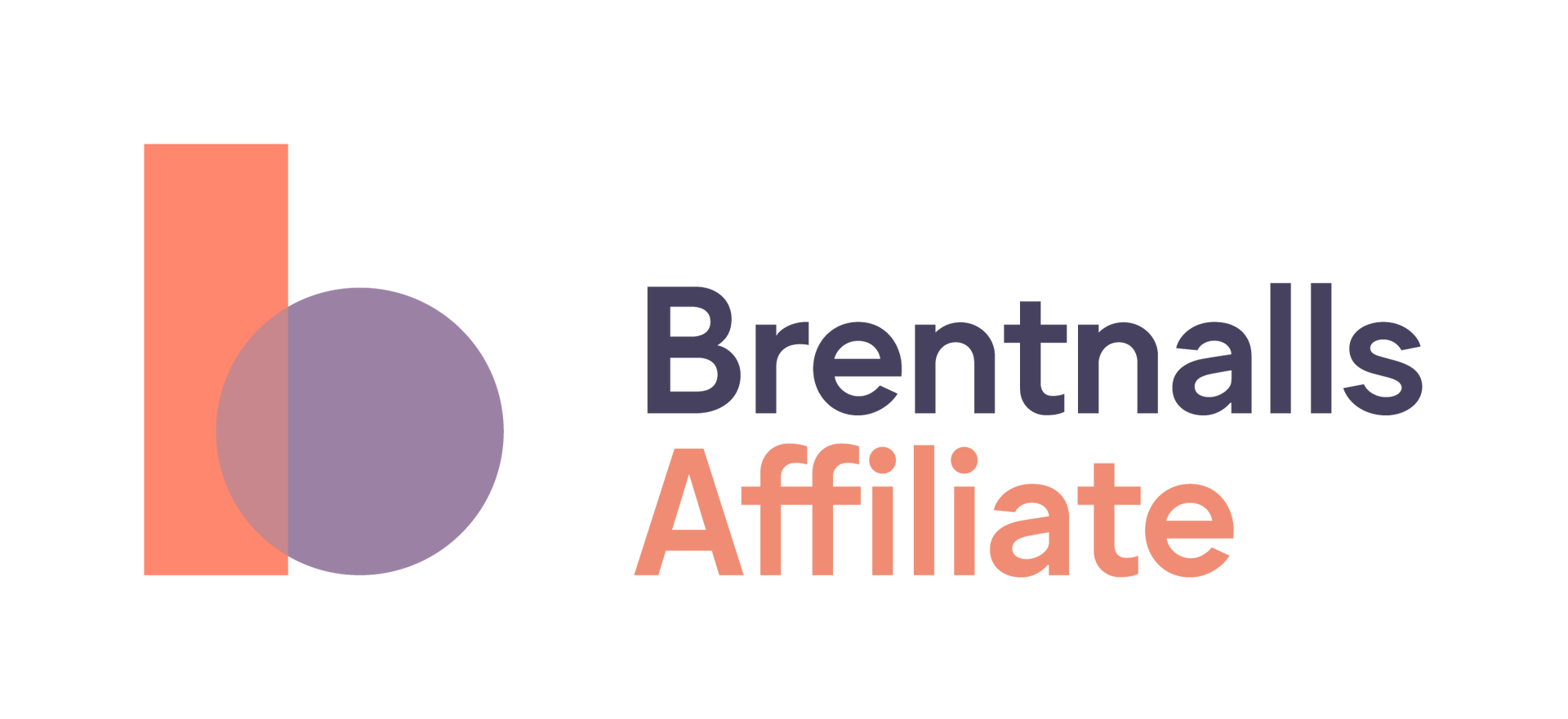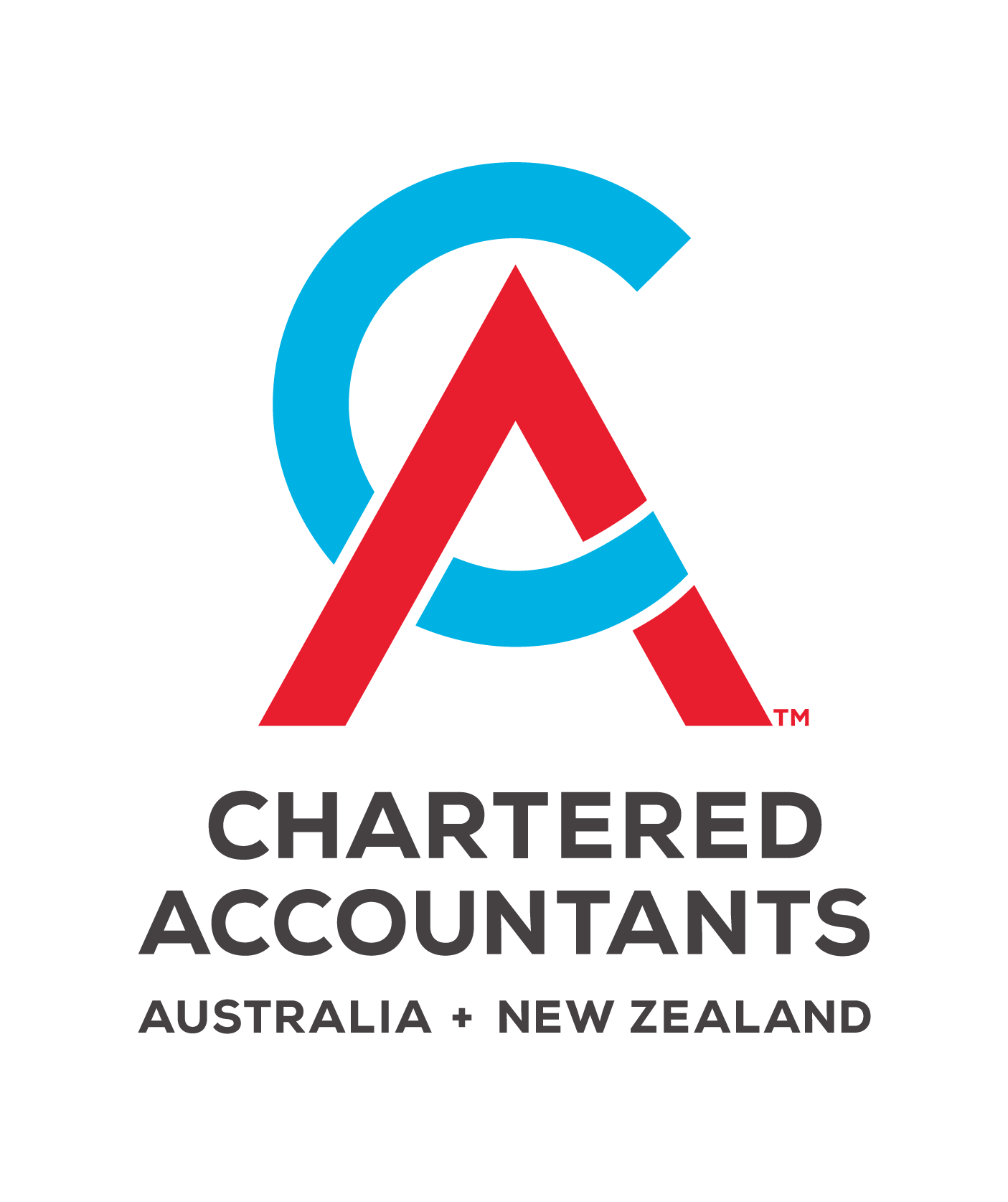News Articles
What does a change of government mean for your small business?
By Matthew Holden, Managing Partner
4 July 2022

Governor-General David Hurley has officially sworn in Anthony Albanese as Australia’s 31st Prime Minister after nine years of Coalition rule.
Now that the celebratory red balloons and streamers have been cleared, small business owners are sure to be questioning what a Labor government has in store?
New Federal Treasurer, Jim Chalmers has warned of a ‘dire’ budget situation as inflation soars. Labor is inheriting a sizeable national debt, rising inflation, slowing economic growth, increasing cost of living and stagnant wages.
Despite these pre-existing challenges, many observers agree that the impacts of government change will be minimal, especially in the investor market. Shane Oliver, Head of Investment Strategy and Chief Economist, AMP, said, “The absence of significant macro policy differences between the new Labor government and the Coalition suggests minimal impact on the share market and the Australian dollar.”
“The key economic challenges for the new government relate to inflation, interest rates & housing affordability. Higher inflation and rates argue for faster deficit reduction,” Dr Oliver added. Small business will be another major consideration for the Labor Government.
What are some of Labor’s new small business policies?
Several of the main policy planks outlined in Labor’s small business policy called
Better Deal for Small Business1 include:
- Ensuring small businesses are paid on time to sustain growth across the economy with a mechanism to ensure payment within 30 days. The current average contract payment time sits at 37 days above the 30-day benchmark.
- Making unfair contract terms illegal so small businesses can negotiate fairer agreements with large partners.
- Driving a genuine collaboration with small businesses and government to reduce the time spent doing taxes, cutting paperwork, and targeting support. Eight out of 10 small businesses find government regulation overly complex.
- Reducing small business transaction costs at the point of payment with a clear timeline for implementing least cost routing or similar. Small businesses are disproportionately impacted by higher transaction fees that eat into profits – around $804 million a year.
These commitments from Labor complement plans to:
- Maximise small business participation in Commonwealth procurement, providing greater business and Australian job opportunities. The Commonwealth can use its $190 billion purchasing power to support small businesses, deliver better value for money and grow the local economy.
- Provide an environment for businesses to thrive through Labor’s Start-up Year initiative, Fee-Free TAFE to address skills shortages, and cheaper Child Care to remove barriers to returning to work.
"Therefore, it is no surprise that Labor went to this election with very little difference from existing tax policies of the Coalition government."
Wait and see for tax measures
Many observers believe that Labor lost the 2019 Federal election (contested under its then leader, Bill Shorten) in a large part due to substantial differences in tax policy, particularly associated with franking credits, CGT discount and negative gearing.
Therefore, it is no surprise that Labor went to this election with very little difference from the existing tax policies of the Coalition government.
During the term of the previous government, the Labor opposition supported the Stage 3 tax cuts, which will see the abolition of the 37% tax bracket for individuals, with individuals earnings between $45,000 and $200,000 to be taxed at 30%, and the highest marginal rate of 45% applying from $200,000 onwards, instead of $180,000 as currently stands.
The Stage 3 tax cuts are already legislated, and will apply from 1 July 2024.
The Low to Middle Income Tax Offset (LMITO) which was introduced from 1 July 2018 as a temporary measure is due to expire on 30 June 2022. The LMITO provides a tax offset up to a maximum of $1,500 for individuals with taxable income between $37,001 and $126,000. It remains to be seen whether an extension for this will be granted.
The new government hasn’t indicated that it will pull the plug early on “early temporary full expensing” and “temporary loss carry-back” that are set to end 30 June 2023.
A critical measure for most SMEs, the temporary “full expensing” scheme also known more broadly as the “instant asset write-off”, allows businesses with a turnover or income of less than $5 billion to immediately write off the cost of assets they first use or install by
30 June 2023.
Training and technology investment boost
Equally, there’s little direction about the Small Business Technology Investment Boost and Training Boost from the new government – although this measure ends on 30 June 2023. This boost allows small businesses with an aggregated annual turnover of less than $50 million to take advantage of a 120% tax deduction for eligible technology expenses up to $100,000, plus deductions for upskilling employees.
Small Business Skills
The Small Business Skills was another popular carrot introduced late in the day by the previous government. Small businesses with an aggregated annual turnover of less than $50 million can deduct an additional 20% of the expenditure incurred on eligible training courses provided to employees.
This measure will apply to expenditure incurred from 29 March 2022 until 30 June 2024, so it has a longer shelf life than the technology boost. It will be a case of ‘watch this space’ whether the Labor government allows this initiative to run its full term.
It’s important to note that neither of these boosts are legislated, while we have dates, the boosts are not in place.
Commonwealth Seniors Health Card
The new government has announced they will increase the income tests for the Commonwealth Seniors Health Card from 1 July 2022. The new income tests will be $90,000 a year for singles (up from $57,761) and $144,000 a year for couples (up from $92,416), drastically increasing the number of older Australians eligible for the cards. The card is for people not otherwise getting a government pension or other payment.
Seniors must be Australian residents aged at least 66 years and six months if born
before 1 January 1957 or 67 years after that date. The cards provide:
- cheaper PBS medicines,
- bulk billing at the doctor,
- access to the Medicare safety net, and
- concessions on council rates, ESL and energy bills.
Applications can be made via Services Australia2.
__________________________
1 https://alp.org.au/policies/better-deal-for-small-business
Discuss Further?
If you would like to discuss, please get in touch.
Disclaimer
The information provided in this article does not constitute advice. The information is of a general nature only and does not take into account your individual financial situation. It should not be used, relied upon, or treated as a substitute for specific professional advice. We recommend that you contact Brentnalls SA before making any decision to discuss your particular requirements or circumstances.







